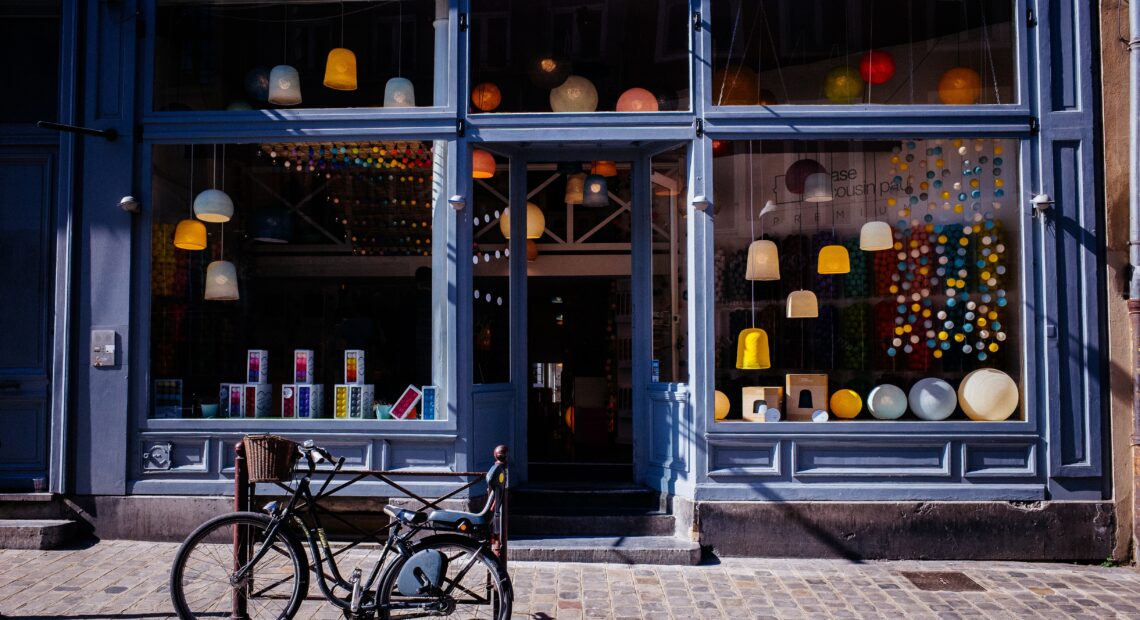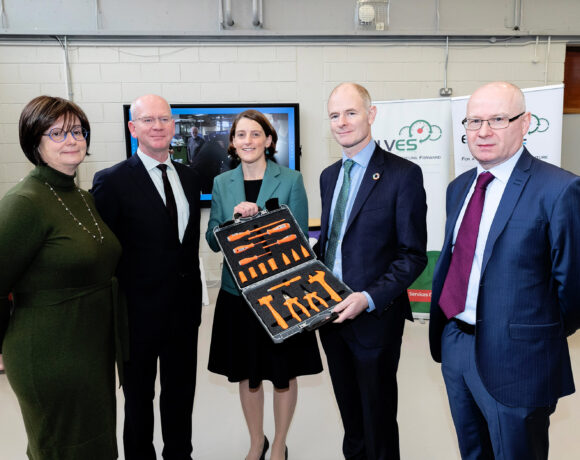Despite a challenging macro-environment, irish retailers continue to stay resilient and find new innovative ways to be competitive, says KPMG Ireland’s Alison Carbery.
Retailers have proven their resilience time and again, particularly over the last few years when they were forced to adapt to pandemic restrictions while remaining competitive in an already highly competitive market.
2023 is no different. Retailers are faced with three high-level forces shaping the sector: people, planet, and profit.
Innovation Can Counter Supply Chain and Staffing Challenges
The effort to win the customer’s attention and loyalty continues to dominate conversations, especially as retailers try to grow market share in a more challenging market environment. However, what many thought were temporary conditions at the height of the pandemic now appear to be more structural, as labour shortages and the accompanying wage inflation continue to challenge the sector. Employees are one of retail’s most important assets but are often considered first as a cost centre, even in the current environment.
Technology investment is expensive upfront but can release pressure on the bottom line by increasing efficiencies and productivity from a shrinking workforce. New technologies in the hands of employees and direct automation, on the retail floor or within the supply chain, allow retailers to do more with less. Self-checkout and returns, automated distributions centres and many more efficiencies will become commonplace.
Just as importantly, automation and other innovations can free employees from manual tasks and allow them to focus on what matters most: enhancing the customer experience. With customers reverting to choose the in-store shopping experience, post pandemic, the unique value of the in-store employee and the power they possess to influence customer buying behaviours continues to rise.
Surviving in a Challenging Macro-Environment
Economic and geopolitical challenges that began in 2022 have continued into 2023. Inflation in Ireland and globally means households have less buying power and business margins are under pressure. Retailers are faced with increased supply chain costs, costs of goods, energy, and labour and now must consider building in more sustainable practices.
The transition to more sustainable practices is costly unless they are embedded in the whole value creation model. These pressures mean retailers will need to constantly evolve, adopting new business models and strategies that will allow them to deliver on their promises while seeking to protect their margin.
Staying Resilient
Despite the obvious challenges, retailers are just as excited as ever about the future of the sector. With the noted ongoing margin compression and decreased access to affordable capital retailers are considering how to afford — and target — investing for the future. At the same time, retailers show enthusiasm when discussing options to explore new technologies and business models, enhancing the customer experience, and acknowledging their sustainability and other environmental, social, and governance (ESG) responsibilities.
Retailers must continue to show their resilience while addressing people, planet and profit and understanding the interdependencies without creating a detrimental impact on others.
Source: KPMG Ireland













